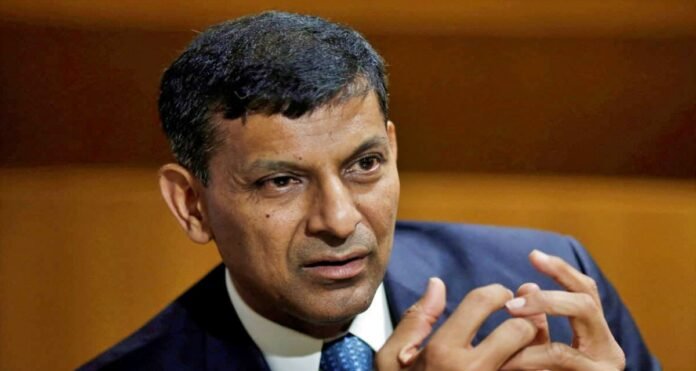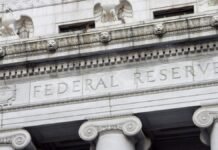
New Delhi: Former Reserve Bank of India (RBI) governor Raghuram Rajan on Monday said the central bank will need to raise the policy rate to keep inflation under control and will call the hike to politicians and bureaucrats a ‘nation-state’. should not be taken as an ‘adversarial’ move. According to Rajan, who is known for his outspoken opinion, it is important to remember that the ‘campaign against inflation’ never ends. He wrote on the social networking site ‘Linked In’, “Inflation is increasing in India. At some point, RBI will have to raise policy rates like other countries of the world.
Retail inflation rose to a 17-month high of 6.95 percent in March, driven by a sharp rise in food prices. This is above the satisfactory level of the Reserve Bank. On the other hand, wholesale inflation rose to a four-month high of 14.55 percent in March due to the rise in crude oil and commodity prices.
Rajan, currently a professor at the Chicago Booth School of Business, said, “Politicians and bureaucrats need to understand that a policy rate hike is not an anti-national move to benefit foreign investors. Rather, it is a step taken for economic stability, which benefits the country the most.
It is noteworthy that in the bi-monthly monetary policy review earlier this month, the central bank had kept the policy rate repo at a low level of 4 percent for the 11th time in a row to boost economic growth despite the spurt in inflation. The RBI raised its retail inflation forecast for the current fiscal to 5.7 percent, from 4.5 percent earlier projected.

Rajan also responded to criticism during his tenure for pushing the economy back by keeping high policy rates. He has written that he became RBI governor in September 2013 for a period of three years. At that time, India was facing a currency crisis with a sharp fall in the exchange rate of the rupee.
The former governor said, “When inflation was 9.5 percent, the repo rate was increased from 7.25 percent to 8 percent in September 2013 to control inflation. When inflation came down, we reduced the repo rate by 1.50 percent to 6.5 percent.” “We also signed an agreement with the government on the target of keeping inflation within a range,” he said. Rajan said these steps only help stabilize the economy and the rupee. Inflation declined from 9.5 percent to 5.3 percent from August 2013 to August 2016.
He said that today forex reserves are over $600 billion, which helped the RBI to keep financial markets stable despite high crude oil prices. Rajan said, “We had to approach the Monetary Fund in 1990-91 due to the crisis caused by high oil prices. The strong economic management of the central bank has ensured that such a situation does not happen again.
He admitted that when the prime interest rate, the policy rate, has to be raised, no one is happy. He still hears politically motivated criticisms that the RBI derailed the economy during his tenure. “It is imperative that RBI does what it needs to do…,” he said.




















































